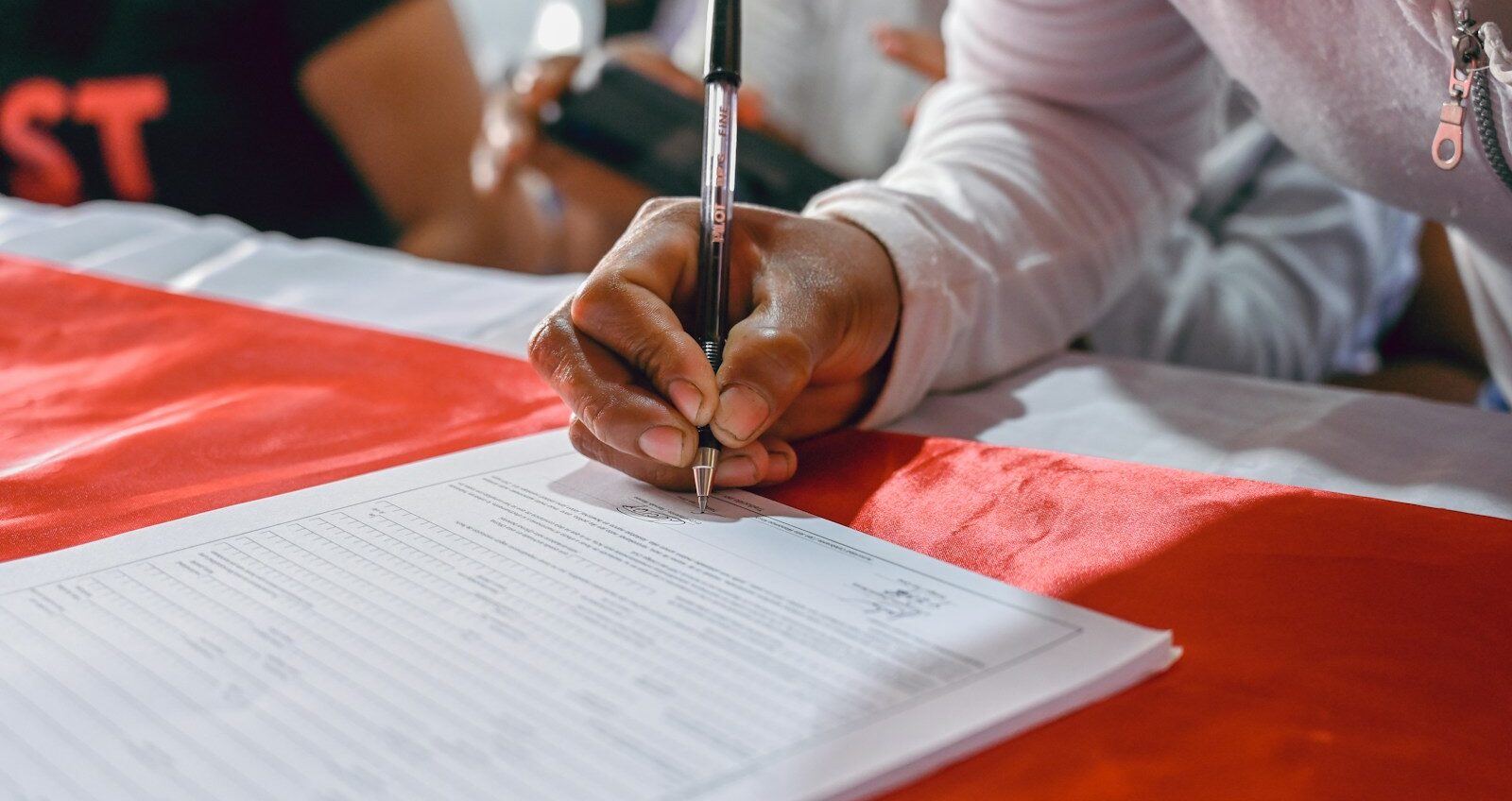Karen Gill knows all about the hard work and knock-backs entailed in setting up a new business.
Thirteen years ago, with the help of a friend, Maxine Benson, she established
everywoman, a women’s membership organisation that aims to increase the number and status of females in business.
The organisation, which today has 40,000 members, also has the goal of improving the lot of women in business generally and supports those who are keen, like Gill was, to set up on their own.
As a result of this work, however, Gill and Benson have both ended up acting as government advisors on gender equality issues and have been awarded MBEs to boot.
Perhaps unsurprisingly though, Gill saw herself as “an adventurous teenager” who left home and education early. She moved to London to become a secretary in a bank at the age of 17, but quickly realised that it was not for her.
Changing track and joining an employment agency suited her far better and it was here that she discovered her ability for dealing with people. This was during the late 1970s when the economy was in a sickly state, so the 20 year-old Gill decided to join her sister in Sydney instead, where prospects seemed much brighter.
She stayed in Australia for 10 years, attracted by a culture that believed everyone was equal and which was not marred by an entrenched class system. “Australia gave me the ability to see that by working hard and playing hard, you can achieve,” Gill explains.
Going for it
Throughout the 1980s, Australia was an up-and-coming work and holiday destination of choice and opportunities were plentiful. For example, Gill joined the
InterContinental Hotels Group as a receptionist when the company was building its first hotel in the country.
Most of the workforce there was young and inexperienced, which created plenty of opportunities for the bright and the bold to take charge. As a result, Gill became the youngest marketing director for the Intercontinental at age 26.
Because it was a large company, she was lucky enough to be put through lots of different training and development courses on leadership, sales and marketing and she loved the job, even if it was incredibly hard work.
“Hospitality is 24/7 and you can work for 18 months, seven days a week before a hotel opening,” she explains.
Eventually, however, Gill transferred back to the UK to become regional sales director for Europe, the Middle East and Africa, before taking up the position as vice president of sales.
But, even though she was riding high in the organisation, she suddenly decided to give it all up. “I don’t know what possessed me – I left it all in 1998,” she says.
The decision was partly driven by the fact that she had a young son, which made the constant travelling involved in being an international vice president difficult to negotiate.
But she also didn’t want to end up spending 30 years of her life at the same company (she’d already clocked up 15 with InterContinental) and felt the need to do something more creative.
The power of networking
As it happened, a friend that she’d met in Australia, Maxine Benson, was working in the film industry in New York, but was looking to come back to the UK to start a business.
So they decided to set up a TV production company together. But it was when trying to get this venture off the ground that Gill began to realise the barriers that still existed for women in the business world.
“We made some terrible mistakes – pitching to people who then nicked our ideas,” she explains. “It was a real struggle. And it was difficult to balance a new baby with a business.”
But it was partly through her becoming a new mother as well as realising the power of being able to network with other mothers – made easier by organisations such as the National Childbirth Trust – that gave Gill and Benson the idea of setting up everywoman in the first place.
So many of the women that Gill spoke to were trying to figure out how best to return to work or set up their own business. But those wanting to set up on their own were all too often getting a raw deal from banks, accountants and enterprise and business agencies.
“So I thought ‘wouldn’t it be good to have support and to share experiences?’” Gill says.
As a result, she and her business partner were advised to set up everywoman as a virtual business. “We were before our time. What we were trying to create was a social network before the technology was ready for it and women were ready for it,” she points out.
This took place at the tail-end of the 1990s when a lot of people were still using dial-up networks and or were not on the internet at all. Luckily, however, one of their sponsors, IBM, which had already done a lot of work in the US on supporting women in business, egged them on to host an event.
Positive role models
So, in 2000, their first conference took place. Here they discovered that three out of five delegates had no access to email, which made them realise that the business needed to be both an offline and online venture.
Thirteen years later, however, the IT and business landscape is very different and social networking has become the norm. “I think it’s a very exciting time for us in business and the biggest driver for that has been technology,” Gill notes. “We can work in ways that we were not able to before.”
While things have also moved on in a societal sense, Gill believes that the old stereotypes around girls’ careers still exist and there are many professions such as engineering where women continue to be underrepresented.
But even in those areas that females now make up a large proportion of the workforce such as medicine, they are still more likely to be found in a GP’s surgery rather than in an operating theatre.
One way that everywoman is trying to change this situation at ground level, however, is to provide business role models for young women to aspire to rather than just the solid diet of celebrity status symbols that they are generally fed.
To this end, the launch of the organisation’s ‘Modern Muse’ programme has brought together successful business women such as Maria Kempinska MBE, who set up comedy brand,
Jongleurs, and Specsavers founder, Dame Mary Perkins.
The aim is to inspire and educate young women and budding entrepreneurs about the opportunities available to them, with the hope that, by encouraging women at grass roots level, they will eventually make it to the boardroom.
“We are in a global economy and you have to understand the diverse customer base. Women influence 80% of purchasing decisions, yet they are not involved in the innovation,” Gill concludes.
And finally…
Who do you admire most and why?
The people that I admire most are those who get the kids up, give them breakfast, get them to school, do a day’s work and then do the kids’ dinner day-after-day – and often all on their own. Yet they are still positive and engaged with the world.
On the global stage, I’ve admired Nelson Mandela since I was 17. I met him when I was in South Africa and he’s the most serene person.
What’s the best piece of advice you’ve ever received?
What’s urgent is not what’s necessarily important and it’s critical to know the difference.
What’s your most hated buzzword?
“Focus”. I don’t hate it, but I realise it’s on our lips every minute of our day.
How do you relax?
Just being with friends and family really.
The winners of the Specsavers‘ everywoman in Retail awards will be announced tomorrow evening at a special ceremony and dinner in London (Thursday 13 September).






